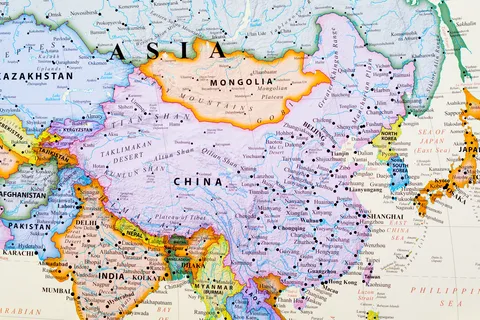New elevated expressways will improve transport in Bangladesh. The Asian Development Bank (ADB) is providing US$1.2 billion in financing for the new Dhaka-Northwest international project. This will be managed by the country’s Roads and Highways Department under the Road Transport and Bridges Ministry's Road Transport and Highways Division.
July 17, 2017
Read time: 2 mins
New elevated expressways will improve transport in Bangladesh. The 943 Asian Development Bank (ADB) is providing US$1.2 billion in financing for the new Dhaka-Northwest international project. This will be managed by the country’s Roads and Highways Department under the Road Transport and Bridges Ministry's Road Transport and Highways Division.
Progress is being seen on the 46km Dhaka Elevated Expressway (DEE) project. This will be worth $1.4 billion and will be carried out under the PPP model.
Bangladesh is drawing up plans for its portion of the South Asia Subregional Economic Cooperation (SASEC), the Dhaka-Northwest Corridor Road Project, Phase 2. This second phase of SASEC Road Connectivity project will upgrade the Dhaka-Northwest route between Elenga and Ranpur. SASEC is being carried out jointly by Nepal, India, Bhutan and Bangladesh.
Work is starting shortly on the elevated expressway that will connect Lalkhan Bazar with Shah Amanat Airport in Chittagong. The project is costing close to $401 million and will take until June 2020 to complete. Approval for the project was given by the Executive Committee of the National Economic Council (ECNEC) and the work is being carried out by Chittagong Unnayan Kartripakkha.
Progress is being seen on the 46km Dhaka Elevated Expressway (DEE) project. This will be worth $1.4 billion and will be carried out under the PPP model.
Bangladesh is drawing up plans for its portion of the South Asia Subregional Economic Cooperation (SASEC), the Dhaka-Northwest Corridor Road Project, Phase 2. This second phase of SASEC Road Connectivity project will upgrade the Dhaka-Northwest route between Elenga and Ranpur. SASEC is being carried out jointly by Nepal, India, Bhutan and Bangladesh.
Work is starting shortly on the elevated expressway that will connect Lalkhan Bazar with Shah Amanat Airport in Chittagong. The project is costing close to $401 million and will take until June 2020 to complete. Approval for the project was given by the Executive Committee of the National Economic Council (ECNEC) and the work is being carried out by Chittagong Unnayan Kartripakkha.








